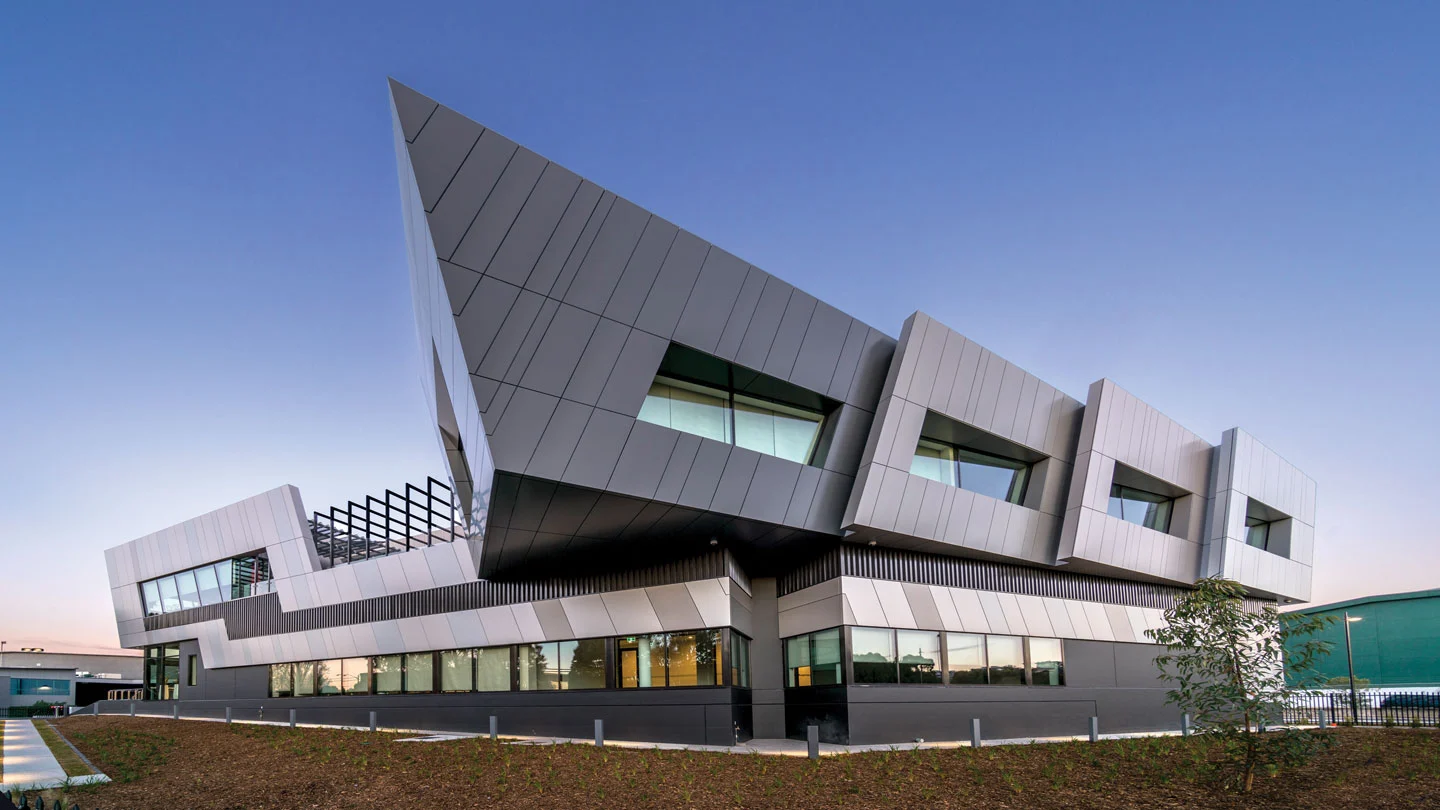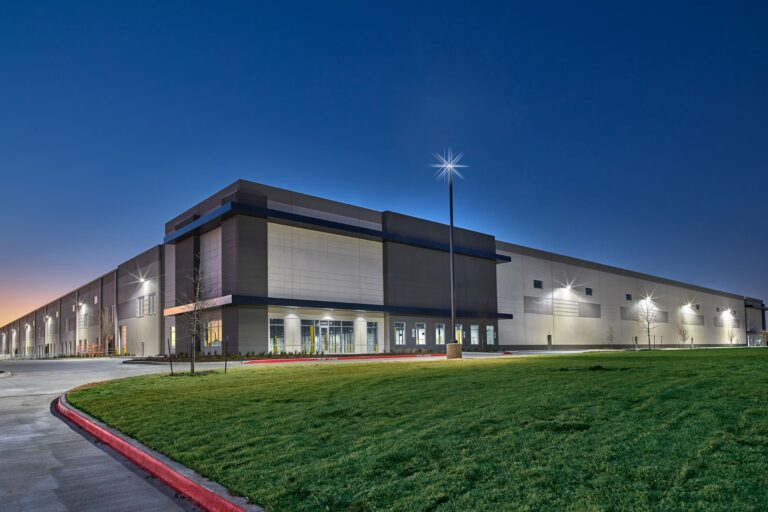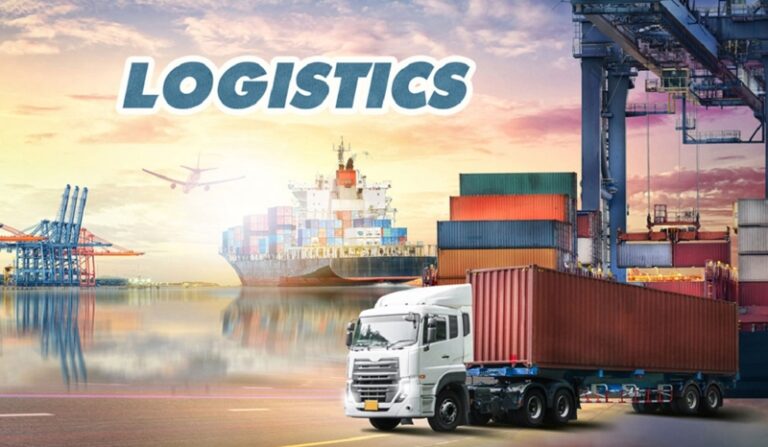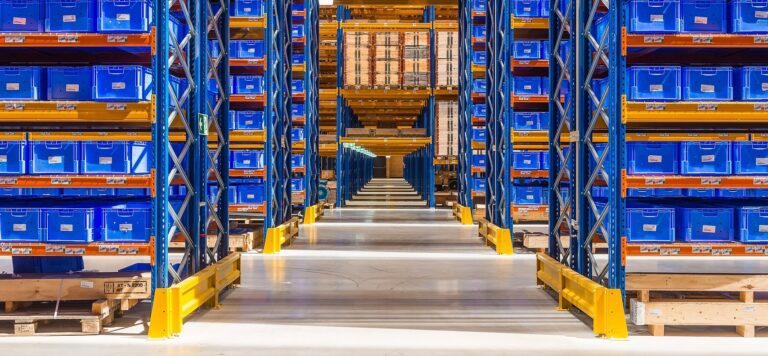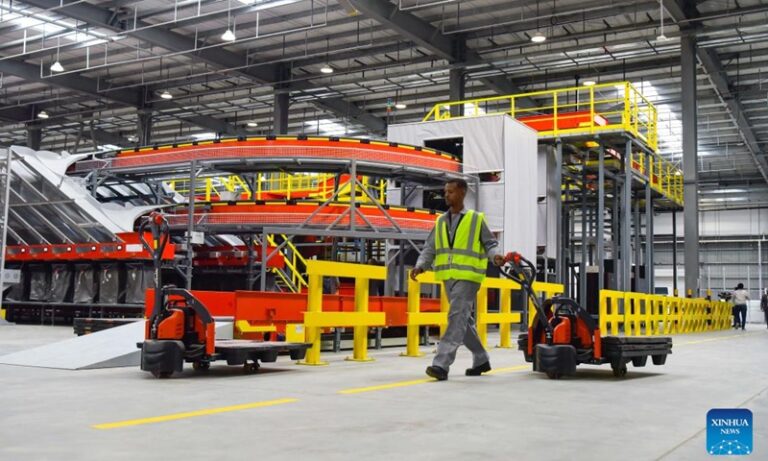Industrial Land Buyers: Insights, Benefits, and Real-World Use Cases in Modern Property Investment
The demand for industrial land has surged in recent years, driven by e-commerce growth, supply chain transformations, and global logistics needs. Industrial land buyers are at the center of this shift, acquiring properties that will serve as the backbone for warehouses, distribution centers, manufacturing facilities, and data centers.
These buyers range from institutional investors to private developers and corporations. Their role is more than just purchasing land; they are shaping the future of industrial real estate by identifying prime locations, evaluating long-term growth potential, and creating spaces that meet modern logistical demands.
The Role of Industrial Land Buyers in Real Estate Development
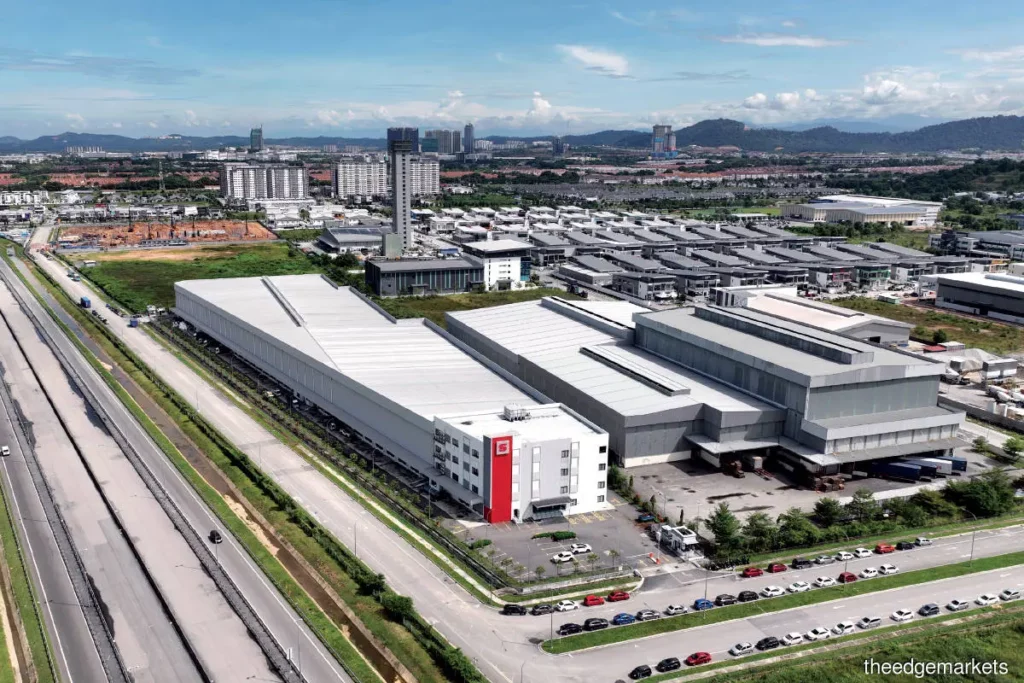
Industrial land buyers are essential players in the real estate ecosystem. They evaluate locations based on accessibility to highways, ports, airports, and urban centers. Their decisions influence the efficiency of supply chains and the competitiveness of entire regions.
In addition to site selection, buyers must navigate zoning regulations, environmental considerations, and infrastructure availability. These complexities make their role highly strategic, requiring detailed analysis and foresight. Their choices often dictate the success of industrial projects for decades to come.
Key Characteristics of Industrial Land Buyers
Industrial land buyers are typically driven by long-term strategies rather than short-term gains. They assess demographic trends, infrastructure investments, and economic growth forecasts before finalizing acquisitions.
Moreover, they often collaborate with government agencies, community stakeholders, and private developers to ensure projects align with regional growth plans. This collaborative approach helps balance economic development with sustainability and community needs.
Real-World Examples of Industrial Land Buyers in Action
E-Commerce Fulfillment Centers
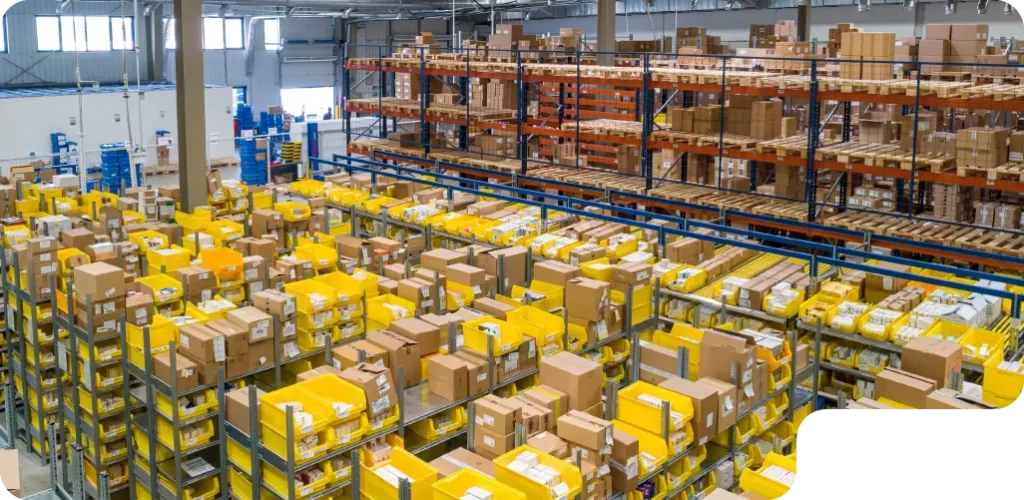
One of the most prominent examples of industrial land acquisition is tied to e-commerce giants. These companies acquire large tracts of land near urban areas to develop fulfillment centers that enable same-day or next-day delivery.
For instance, an industrial land buyer may secure land near a major highway interchange. This strategic purchase allows the development of a state-of-the-art warehouse facility that connects seamlessly to regional transportation networks. The result is faster delivery times and improved supply chain resilience.
Data Center Development
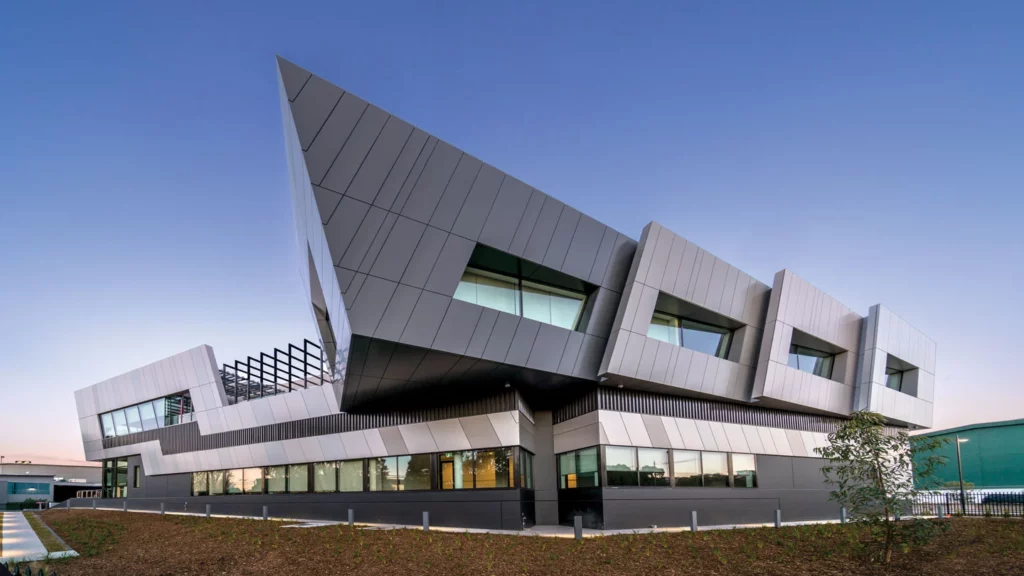
With the exponential rise of cloud computing and digital services, data centers have become one of the fastest-growing uses of industrial land. Buyers in this sector prioritize locations with reliable power supply, fiber-optic connectivity, and cooling infrastructure.
An industrial land buyer may acquire land in a suburban area close to renewable energy sources. This ensures that the data center built on the site operates efficiently while meeting sustainability goals. These acquisitions are not just about land—they’re about supporting global digital infrastructure.
Manufacturing and Advanced Production Sites
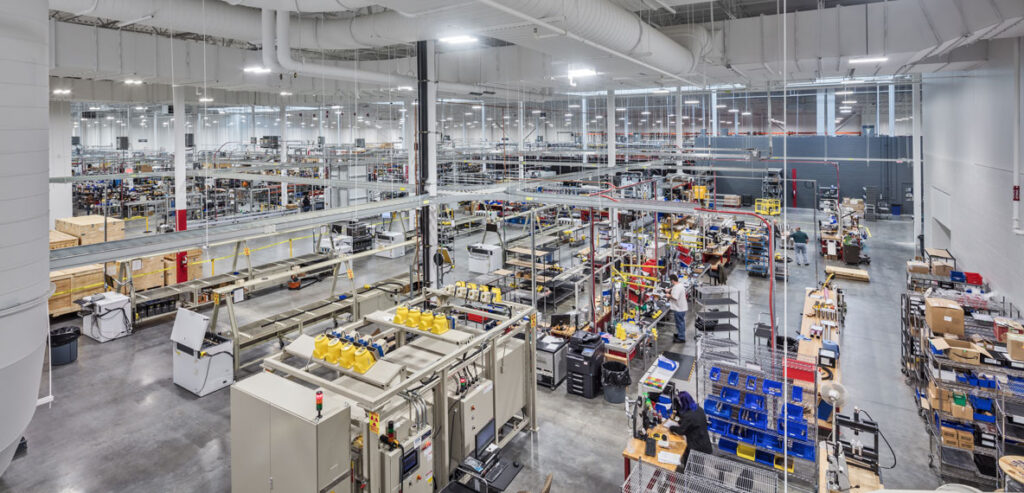
Industrial land buyers also target sites for advanced manufacturing. As industries such as electric vehicles and renewable energy expand, demand for specialized facilities grows. Buyers seek locations that can support large-scale production and are close to skilled labor markets.
A notable example is the acquisition of land by automotive companies for EV battery production plants. These projects require significant land parcels and are strategically located near supply chain partners. The acquisition decisions directly impact regional job growth and economic development.
Logistics Parks and Distribution Hubs
Another major area of focus for industrial land buyers is the development of logistics parks. These large-scale projects consolidate warehousing, transportation, and value-added services into one integrated hub.
For example, a buyer may purchase hundreds of acres near a port city to create a distribution hub that serves both national and international markets. This investment not only supports trade efficiency but also strengthens the competitiveness of entire regions in global commerce.
Benefits of Industrial Land Buyers
Driving Economic Development
By purchasing and developing industrial land, buyers stimulate job creation, attract businesses, and enhance regional competitiveness. Their investments often catalyze infrastructure improvements that benefit broader communities.
Supporting Supply Chain Resilience
Industrial land buyers play a crucial role in building logistics networks that withstand disruptions. Well-placed facilities ensure goods move quickly and reliably, reducing bottlenecks in global supply chains.
Enabling Technological Growth
As industries like e-commerce and data management expand, industrial land buyers provide the real estate foundation for these sectors. From warehouses with automation systems to data centers powering AI, their acquisitions support technological innovation.
Enhancing Long-Term Value
Industrial properties often appreciate over time due to limited land availability and increasing demand. Buyers who strategically select sites can secure long-term value while contributing to industrial progress.
Technology and Its Role in Industrial Land Buying
Technology has revolutionized the way industrial land buyers operate. Geographic Information Systems (GIS), artificial intelligence, and predictive analytics allow buyers to evaluate potential sites with greater accuracy.
For example, GIS tools help assess flood risks, soil conditions, and proximity to infrastructure. AI algorithms forecast demographic shifts and logistics demands, enabling buyers to make data-driven decisions. These technological tools not only minimize risks but also maximize investment potential.
Use Cases of Industrial Land Buying
Solving Supply Chain Bottlenecks
Industrial land buyers address one of the most pressing challenges in today’s economy: supply chain bottlenecks. By acquiring land for strategically located facilities, they ensure goods can move efficiently from ports to consumers.
Supporting Green Infrastructure
With the rise of sustainability goals, buyers are increasingly acquiring land for green industrial projects. These may include facilities powered by renewable energy or warehouses designed for energy efficiency. Such initiatives align with both business goals and environmental responsibility.
Strengthening Regional Economies
In many cases, industrial land acquisitions lead to the development of new economic clusters. By concentrating manufacturing, logistics, and technology in one region, buyers create hubs of growth that attract talent and businesses.
Providing Flexibility for Future Growth
Industrial land buyers also plan for long-term adaptability. Sites may be designed to accommodate future expansions or shifts in industrial demand, ensuring investments remain relevant for decades.
Future Outlook for Industrial Land Buyers
The role of industrial land buyers will continue to expand as global commerce evolves. The growth of e-commerce, renewable energy, and digital infrastructure will keep demand for industrial land strong.
In the future, buyers are expected to focus more on sustainable land development, integrating renewable energy sources, and building smart facilities. Collaboration with governments and communities will also become more essential, ensuring that industrial growth aligns with societal goals.
By combining strategic foresight with technological innovation, industrial land buyers will remain at the forefront of shaping global industrial landscapes.
Frequently Asked Questions
What do industrial land buyers look for when acquiring land?
Industrial land buyers prioritize factors such as location, accessibility to transportation networks, zoning compliance, and infrastructure availability. They also consider long-term growth potential and environmental conditions.
Why are industrial land buyers important in today’s economy?
They play a critical role in supporting supply chains, fostering economic development, and enabling technological advancements. Their investments directly impact industries like e-commerce, manufacturing, and data management.
How is technology changing industrial land buying?
Technology allows buyers to analyze sites with greater precision, using tools like GIS and AI. These innovations help identify risks, forecast demand, and optimize decisions, leading to more efficient and sustainable investments.
